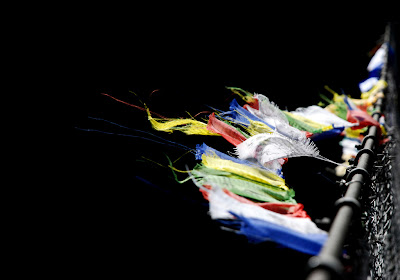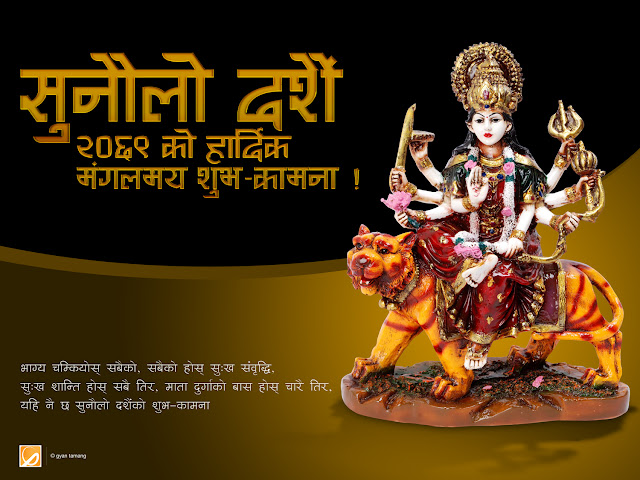Sadhu
Sadhus are sanyasi, or renunciates, who have left behind all material and sexual attachments and live in caves, forests and temples all over India and Nepal.
A Sadhu is usually referred to as Baba by common people. The word baba also means father, grandfather, or uncle in many Indian languages. Sometimes the respectful suffix -ji may also be added after baba, to give greater respect to the renunciate. It is also a term of endearment for small boys.
There are 4–5 million sadhus in India today and they are widely respected for their holiness, and sometimes feared for their curses. It is also thought that the austere practices of the sadhus help to burn off their karma and that of the community at large. Thus seen as benefiting society, sadhus are supported by donations from many people. However, reverence of sadhus is by no means universal in India. Historically and contemporarily, sadhus have often been viewed with a certain degree of suspicion, particularly amongst the urban populations of India. Today, especially in popular pilgrimage cities, posing as a sadhu can be a means of acquiring income for non-devout beggars.
There are naked Naga (Digambara, or "sky-clad") Sadhus which are non-shaven and wear their hair in thick dreadlocks, and Jata, who carry swords. Aghora sadhus may claim to keep company with ghosts, or live in cemeteries as part of their holy path. Indian culture tends to emphasize an infinite number of paths to God, such that sadhus, and the varieties that sadhus come in have their place.



































